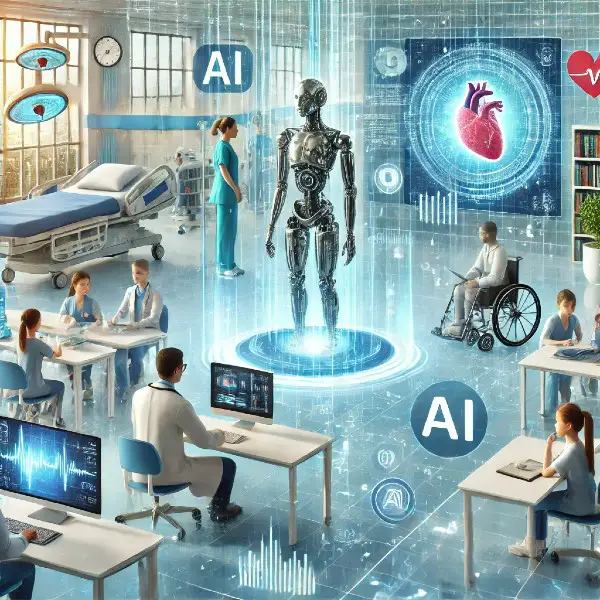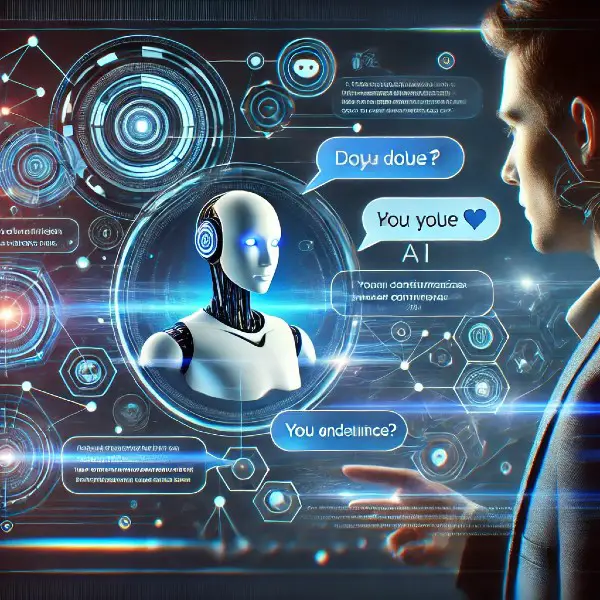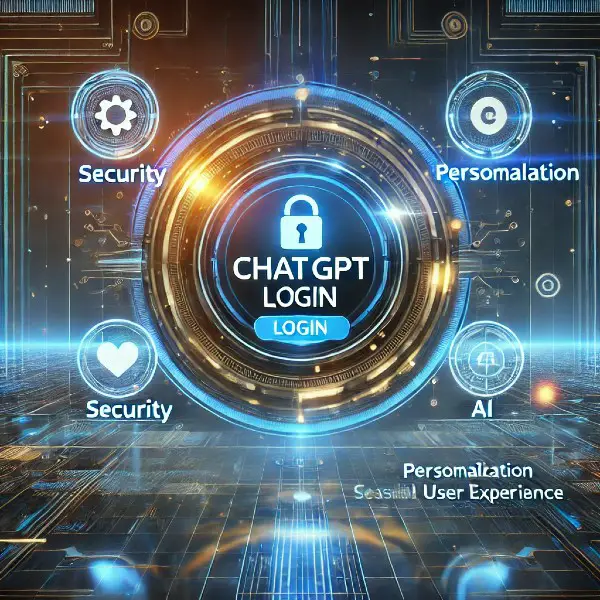AI Horizon Artificial Intelligence (AI) is no longer a distant future but a transformative force driving innovation across various sectors, notably healthcare, education, and technology. The integration of AI into these industries is creating a new horizon of possibilities, offering enhanced efficiency, accuracy, and personalized experiences. As we navigate through this technological revolution, understanding the impact of AI on these critical areas is crucial for future advancements.
In the healthcare industry, AI is making significant strides in diagnostics, treatment planning, and patient care. AI-powered tools are enabling faster and more accurate diagnoses by analyzing large datasets of medical records and imaging studies. Machine learning algorithms can identify patterns and anomalies that might be missed by the human eye, leading to earlier detection of diseases and more effective treatment plans. Additionally, AI-driven robots are assisting in surgeries, reducing the margin of error, and improving patient outcomes.
Ai Horizon is Shaping the Future of Critical Industries
Education is another sector experiencing a profound transformation due to AI. Traditional teaching methods are being supplemented with AI-driven personalized learning experiences. These systems adapt to individual student needs, providing tailored content and feedback to enhance learning outcomes. AI is also being used to automate administrative tasks, allowing educators to focus more on teaching and less on paperwork. Furthermore, AI-powered tools are enabling remote learning, making education more accessible to students around the globe.
The synergy between healthcare, education, and technology is further enhanced by AI, as it brings these industries closer together. For instance, AI is being used to develop educational programs that train healthcare professionals on the latest technological advancements. This ensures that the workforce is equipped with the necessary skills to utilize AI effectively in their respective fields. Moreover, AI-driven platforms are facilitating collaborations between researchers, educators, and healthcare providers, fostering innovation and knowledge sharing across disciplines.
As AI continues to evolve, the ethical implications of its use in healthcare and education must be carefully considered. Issues such as data privacy, algorithmic bias, and the potential for job displacement need to be addressed to ensure that AI is implemented responsibly and equitably. Policymakers, educators, and healthcare providers must work together to create guidelines and frameworks that promote the ethical use of AI while maximizing its benefits.
In conclusion, the AI horizon is expanding rapidly, reshaping healthcare, education, and technology. The potential benefits of AI in these sectors are immense, from improving patient care and educational outcomes to driving technological innovation. However, it is essential to approach this AI-driven future with caution, ensuring that ethical considerations are at the forefront of any AI implementation. By doing so, we can harness the power of AI to create a brighter, more equitable future for all.
Reference
- AI Horizon in Healthcare: The integration of AI in healthcare has reached a pivotal point, where its potential to revolutionize patient care is both exciting and daunting. According to Harvard Business Review, the AI horizon in healthcare is defined by innovations that can enhance diagnostic accuracy, streamline clinical workflows, and improve patient outcomes. However, these advancements also come with challenges related to data privacy, ethical considerations, and the need for rigorous validation of AI tools. As AI continues to evolve, healthcare systems must balance the benefits with the inherent risks.
- AI Horizon and Ethical Implications: As AI technology advances, it’s critical to address the ethical implications that arise at the AI horizon. A report by The Brookings Institution highlights the importance of transparency, accountability, and fairness in AI systems, particularly in public sectors such as healthcare. The report discusses how AI’s potential to improve efficiency and decision-making must be tempered with strong ethical guidelines to prevent biases and ensure equitable access to AI-driven innovations.
- AI Horizon and Future Opportunities: The AI horizon is not only about the current state of technology but also about the future possibilities it presents across various industries. McKinsey & Company explores how AI is poised to unlock new opportunities, from enhancing customer experiences to driving operational efficiencies. As industries navigate the AI horizon, they must remain agile and adaptable, embracing the technology while addressing the challenges it poses, such as workforce displacement and the need for reskilling.









